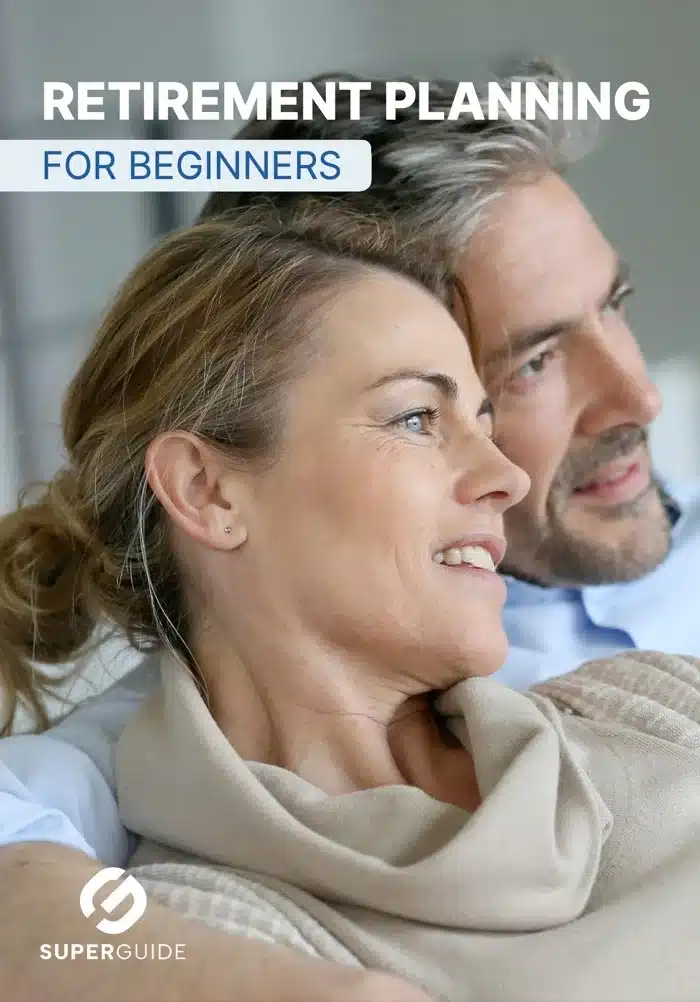In this guide
When the annual Superannuation Guarantee (SG) contribution rate increases each year, many employers are less than thrilled at having to pay extra to meet their employee super contribution obligations each quarter.
But there is an often overlooked benefit that comes with increases in the SG rate – a bigger tax deduction your business can claim in its annual tax return.
So, what are the rules when it comes to claiming a tax deduction for super contributions made on behalf of your employees?
Which super contribution payments can I claim a deduction for?
Under current super law, you can claim a tax deduction for the following super contributions you make on behalf of your eligible employees:
- Super Guarantee (SG) contributions paid by the quarterly due date to an employee’s nominated super fund.
- Mandatory contributions under an industrial award or determination, or a notional agreement preserving a state award.
- Non-mandatory employer contributions and contributions made under an effective salary-sacrifice arrangement. For older employees, these must be paid within 28 days of the end of the month in which your employee turns 75 years old.
- Carry-forward late payments made for a super contribution obligation in a future quarter.
Quarterly payment due dates for SG payments
| Quarter | Period | SG contribution due date |
|---|---|---|
| 1 | 1 July – 30 September | 28 October |
| 2 | 1 October – 31 December | 28 January |
| 3 | 1 January – 31 March | 28 April |
| 4 | 1 April – 30 June | 28 July |
*When a due date falls on a weekend or public holiday, your contribution must be received by the super fund on or before the next business day.

Free eBook
Retirement planning for beginners
Our easy-to-follow guide walks you through the fundamentals, giving you the confidence to start your own retirement plans.
"*" indicates required fields
When are contributions considered paid?
If you use a clearing house to distribute SG contributions to your employees’ various super funds, your contributions are considered to be paid on the date the super fund receives it – not the date the clearing house receives it from you, except if you are a small business using the Small Business Superannuation Clearing House (see below).
To claim a tax deduction for a salary-sacrifice contribution you make on behalf of your employee, the payment must be received by your employee’s super fund in the same financial year you want to make the claim.
If the salary-sacrifice contribution for the fourth quarter is not received by the super fund until after 30 June, you are not able to claim a tax deduction until the following financial year.
Contributions you can’t claim as a tax deduction
The basic rule when it comes to claiming a deduction for super contributions is missed or late super contribution payments are no longer tax deductible. The deduction you can claim may also be limited if you have personal services income (PSI). The exceptions to the tax deductibility of super payments you make for your employees include:
1. Super Guarantee Charge (SGC) payments
If you don’t make your SG contributions by the quarterly due date – or do not pay the full amount – you are required to pay the Super Guarantee Charge (SGC). This payment is ineligible for a tax deduction.
The SGC consists of the SG shortfall amount, interest and an administration fee – none of which are tax deductible.
2026 SMSF calendar
Our free calendar includes due dates for important documents plus suggested dates for trustee meetings and other strategic issues for your SMSF.
"*" indicates required fields
2. Ineffective salary-sacrifice arrangements
You are only eligible to claim a deduction for salary-sacrifice contributions if you have an effective sacrifice arrangement in place and your employee agrees in writing to a deduction from their wages.
If the ATO considers the arrangement ineffective, the contributions will be deemed a payment of salary and wages and a personal – rather than an employer – contribution. This means you will not be entitled to use the amount as a tax deduction related to superannuation expenses You may be able to claim a tax deduction for the amount as salary and wages instead.
3. Contributions to a non-complying super fund
An employee’s super contributions must be made to a complying super fund or retirement savings account (RSA) or they will be considered a fringe benefit and you will be unable to claim a tax deduction for them.
The amounts will also be subject to FBT and must be recorded on your employee’s payment summary or income statement as a reportable fringe benefit.
If your employee’s contributions are going to their SMSF and you’re uncertain if it’s a compliant super fund, you can use the ATO’s Super Fund Lookup tool to check.
4. Employee’s personal contributions
A personal or non-concessional (after-tax) contribution that an employee requests you make on their behalf cannot be claimed as deductible super contribution. However, this is generally deductible to your business as salary or wages.
Super knowledge is a super power

"*" indicates required fields

Leave a Reply
You must be logged in to post a comment.